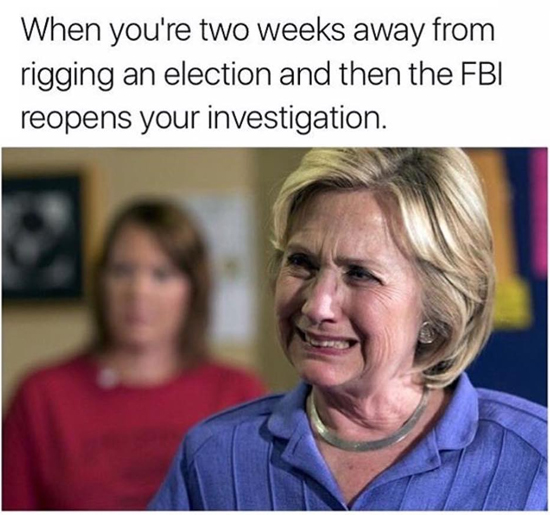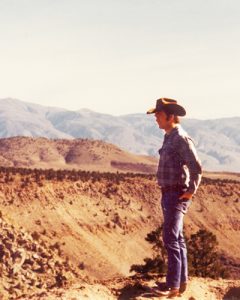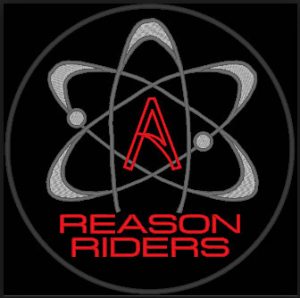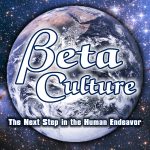Someday I’m going to write a long, detailed piece about something I call “the 180-degrees-opposite thing.” Religion is mostly based on it. Once you become an atheist, you see it everywhere.
For instance: Rather than “Yeah, it’s sad, but people die. They just stop existing.” it’s “Oh no, death is just the beginning! We live on! We live on FOREVER! In paradise! With all our loved ones!”
Yeah, like that — 180 degrees opposite reality.
So here’s this: Sound the Shofars in the Nation’s Capital
( BTW: According to Wikipedia, “A shofar is an ancient musical horn made of ram’s horn, used for Jewish religious purposes.” —Hey, if I want some musical instrument played in The Nation’s Capital, I want a CHRISTIAN instrument, possibly a pedal steel guitar borrowed from a smoke-and-beer-smelling honky tonk, or a red-white-and-blue banjo made from the casing of an unexploded artillery shell. Not some nancy Jewish instrument made from a ram’s horn that nobody even knows how to play a tune on. /snark )
The event itself is this:
Nov. 6, 7 and 8—three nights leading up to the most important presidential election since the Civil War, concerned citizens will be gathering at the Upper Senate Park across Constitution Avenue from the U.S. Capitol to pray for the election and the nation’s future.
The rationale for the event is this:
The organizers believe that prayer, not politics, is the only hope and answer to America’s problems. “Where people are praying, there is hope. When people pray things happen,” says Pastor Dan Cummins, an associate pastor of Skyline Wesleyan Church in San Diego, California, and the onsite pastor of The Jefferson Gathering Worship Services which are held weekly in the nation’s Capitol building for members of Congress, staff and all federal employees.
There’s the 180-degrees thing.”When people pray things happen.” From seeing to the medical needs of children to having some real effect on the larger world through hands-on action, this is the exact opposite of the truth.
But, hey:
“Skyline Church is involved because we understand that America is in a crisis moment. The nation—as we know it—is gasping for air. This is neither melodramatic nor defeatist. It is simply fact,” says Dr. Jim Garlow, senior pastor of Skyline Church in San Diego and oversite pastor of the Jefferson Gathering. “The kingdom of God will be fine—with or without America. But America may not survive. We pray for voters to enter the voting booth with a healthy reverence of God, casting a ballot for biblical concepts and principles.”
Wait, that wasn’t a shofar. Sounded more like a conservative dog whistle.
Though the event is advertised as “non-partisan” the focus of its prayers will be for the nation and the election. Organizers believe that it was upon the influence of Judeo-Christian ethics that America was founded. They hope that this election will be influential in bringing the nation back to its core values.
Let’s see. Careful denial of partisanship. But then “bringing the nation back to its core values.” Yeah, that does sound dog-whistley. And ooh, there’s that clever mention of “the most important presidential election since the Civil War.” And sure, I guess we have gotten far away from those “core values,” what with this NEGRO in office, and this WOMAN poised to continue his anti-American policies.
“There is a steady undercurrent of targeted efforts to remove God from every vestige of American life and culture. These battles confirm a tangible reality that the things we hold sacred are slowly eroding away all around us,” says Lea Carawan, president and executive director of the Congressional Prayer Caucus Foundation. “Thankfully, God’s people are unifying with one heart and one voice in prayer for the country and those who lead her. God has been and always will be our only source of hope.”
The focus of evening prayers will span from the White House to every house in America. The Supreme Court nominees and the judicial system will be a center of focus.
Heh. Heh. Heh. “Supreme Court nominees.” There’s a whiff of anti-abortion if I ever smelled one.
This bit tickles me:
The organizers ask that no political clothing, apparel, banners or signs be worn or brought to the event. This also includes any type of musical interments or shofars.
So, SOUND THE SHOFARS IN THE NATION’S CAPITAL!!
But don’t bring any shofars.







